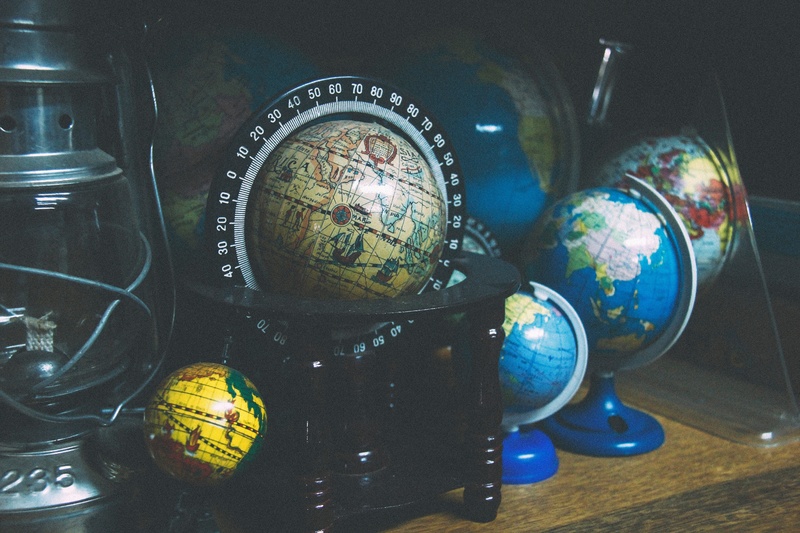Italy’s State-Owned Bank Trials Digital Bonds on Polygon Blockchain
The European Central Bank initiated the trial to explore how blockchains can enhance central bank settlement.

According to newly released data from Finder.com, an NFT surge across the world is predicted if results from a survey are anything to go by, especially as more people come to understand the industry).
Finder’s survey polled nearly 30,000 individuals across the globe to see where and how NFT adoption is taking place. According to the results, people in the Philippines own the most NFTs (with 32% of surveyed adults confirming they own at least one NFT) compared to other countries across the world. Thailand falls in second place, with adults owning 26.6%, and Malaysia is the third country with the most NFT adoption with 23.6% of adults owning NFTs.

Source: Finder
The results point towards an interesting implication – that is countries with higher adoption typically have a lower national average of income per person in the country. In counties with high adoption, such as the Philippines and Venezuela, many people have found their way into the NFT space through play-to-earn games like Axie Infinity where they can earn more money winning and selling NFT tokens than what the job market might be offering. NFTs also offer a way for new cryptocurrency users to enter the industry without the difficulty of using trading platforms without details that might not be accessible in lower-income countries.
As per the results, Nigeria is predicted to experience the biggest NFT growth with an increase of 22%, moving from the current adoption of 13.7% of Nigerians owning tokens to 35.3% of Nigerians owning NFTs. Peru sits further back with a 14.5% predicted to increase and Venezuela is expected to see a 13.5% NFT adoption increase.

Source: Finder
Out of all of the countries surveyed, 90% show that the NFT market has more men than women. Only in Thailand and Venezuela, are women more likely to hold or buy NFTs. As it stands, the United Arab Emirates (with 11%), and Vietnam (with 10%) have the biggest gender gap. Malaysia, South Africa, Nigeria, and Peru all have a 4% difference between men holding and women owning NFTs.
As more people across the world get to grips with what NFTs and cryptocurrency-based assets are, the more likely we are going to see mass adoption and investment in the space. This has been highlighted by the large number of people that don’t know what NFTs are and how small the ownership is in the region, compared to countries where there is an insight into the industry and a lot more active adoption of NFTs in the country. The strong correlation shows that as more people start to understand and experience the NFT market, more people will start to own and hold blockchain-backed tokens.
As it stands, Japan has the highest population of those who don’t know what NFTs are (with 90% of respondents confirming that they do not understand what an NFT is). Germany follows closely with 83% not knowing NFTs, with the UK in a close third with 79% of British people in the survey not knowing what an NFT is or does. Looking on the other side of the coin, those who understand NFTs the most include the Philippines (with 51% knowing what an NFT is), Nigeria (with 48% understanding), and Thailand (with 47%). As is evident, the countries with the most adoption are those with the highest levels of awareness and understanding of the market,
Source: Finder
The European Central Bank initiated the trial to explore how blockchains can enhance central bank settlement.
n recent months, inflation measures, including the Consumer Price Index and Personal Consumption Expenditures Index, have moderated.
BlockFi clients are to note that client communications will exclusively occur through official email channels.
CryptoQuant CEO says Bitcoin is still vulnerable to “speculative FUDs,” giving smart money a way to buy up cheap BTC.